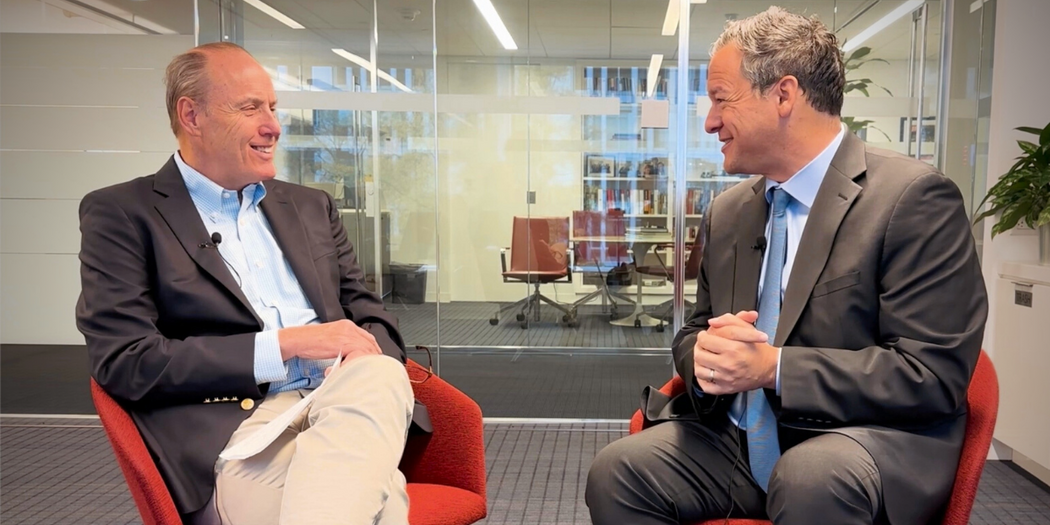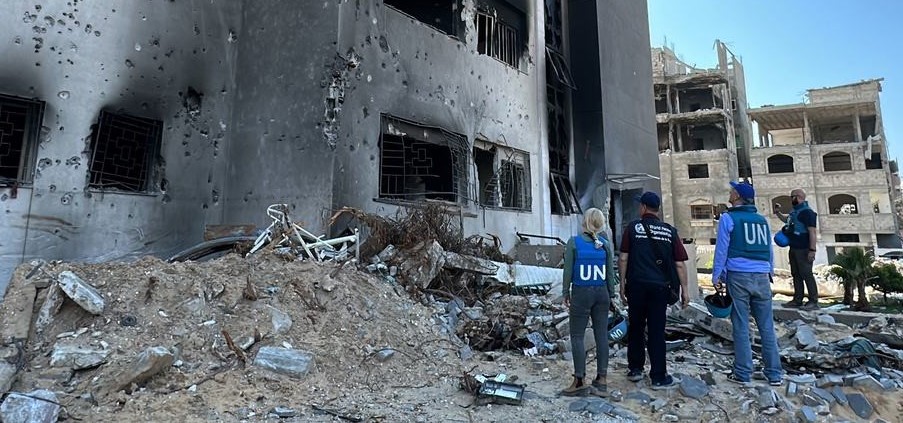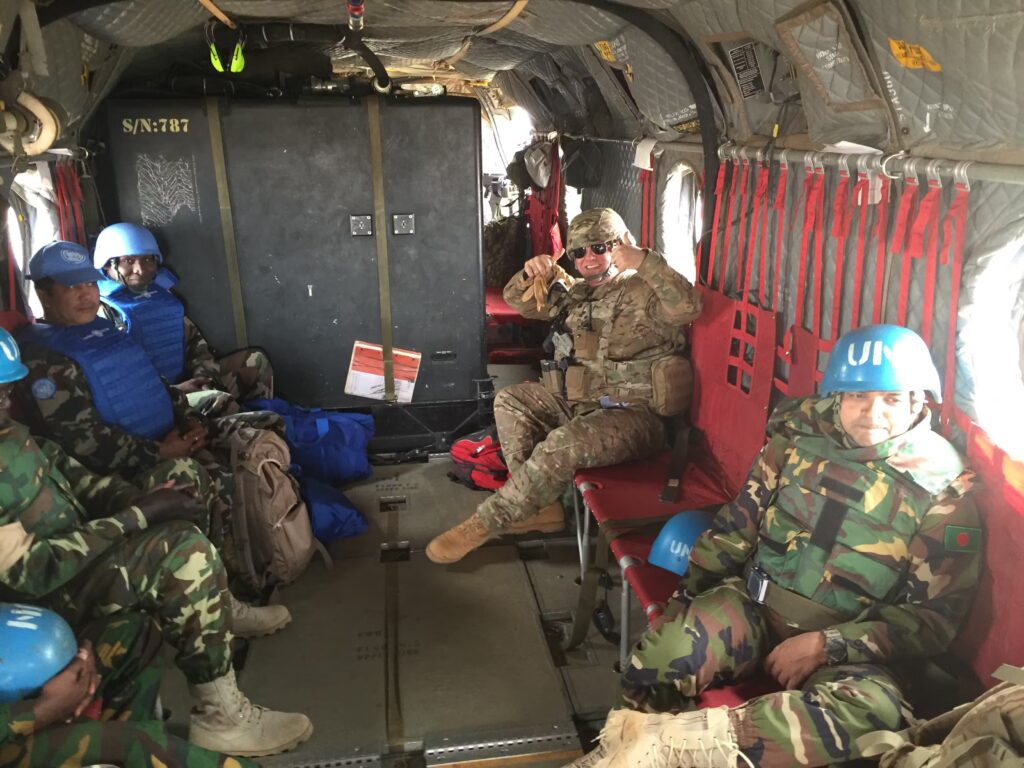On December 10, the world marks 75 years of the Universal Declaration of Human Rights. This landmark document enshrined the very highest standards for society, reinforcing values of equality, freedom, and justice. It’s also served as a blueprint for local, national, and international laws protecting human rights.
To reflect on the significance of this occasion, BWC President Peter Yeo spoke with Jared Genser, an acclaimed human rights lawyer and Special Advisor on the Responsibility to Protect to the Organization of American States. Referred to by The New York Times as “The Extractor” for his work freeing political prisoners, he has represented five Nobel Peace Prize Laureates, including three who won their prize while imprisoned — Aung San Suu Kyi, Liu Xiaobo, and Ales Bialiatski — as well as Archbishop Desmond Tutu and Elie Wiesel.
Here are a few highlights from their powerful conversation. Watch the full interview on YouTube.
Quotes have been edited for clarity.
Peter Yeo: You’ve worked with over 300 political prisoners in 20 countries. How do you pick the cases?
Jared Genser: I’m looking for a couple things. The first is that the case has to be representative of a broader set of voices in a country. In addition, I need to be convinced the person is actually innocent of the charges against them and that they’ve neither used nor advocated violence. Lastly, one has to look at the country and what the opportunities might be to engage.
Peter Yeo: There’s a public affairs element to [your work]. There’s a legal element to it. There’s likely a coalition-building element to it. What’s the most important strategy to think through?
Jared Genser: Each case is unique. Obviously, the more closely tied to the dictator of a country the harder the case. But at the end of the day, I’ve learned that dictators are ruled by one emotion: fear. Fear of loss of power, fear of justice and accountability, fear of their families or themselves being targeted. One has to look at each situation to understand the buttons you can push to inspire fear in the dictator. Then you [make the case] that releasing the person is the least worst choice among a lot of bad choices.
It’s also very important at the outset to establish that the person is being detained illegally and in violation of international law. That matters when you’re trying to mobilize a coalition of people, governments, non-governmental organizations, and a wide array of others to advocate for a person’s freedom.
What inspired me to become a human rights lawyer was to meet former political prisoners and to hear their stories. These are the human rights heroes of our time.
Jared Genser
Peter Yeo: How does the Universal Declaration of Human Rights fit into the work?
Jared Genser: The UN Charter is a unique declaration. What it said was something simple, but profound, which is that every human being is born free with dignity and rights. And despite being a declaration of the UN General Assembly and thus not technically binding as a matter of international law, the Declaration inspired the creation of nine international human rights treaties that cover topics like civil and political rights or economic, social, and cultural rights. These include the Convention Against Torture, the Genocide Convention, the Convention on the Elimination of Racial Discrimination on People with Disabilities, on Women’s Rights. this whole movement of binding human rights law that connects us all as peoples from around the world began with the adoption of the Universal Declaration, which has been translated into more than 500 different languages and is both inspirational and aspirational in terms of what it’s trying to achieve
For my work, the most important body of the United Nations is the UN Working Group on Arbitrary Detention. This is a five-member expert body that adjudicates individual cases of arbitrary detention. As a lawyer or an NGO or even just representing a person, you submit a case or petition to this group, and the government is given 60 days to respond. The working group meets three times a year and adopts legal opinions on these cases, which are typically 20-30 pages long. And if a person is found to be detained illegally in violation of international law, they call specifically for that person’s immediate and unconditional release. You can’t compel a state to enforce it, but these kinds of judgments actually matter enormously. To say that the UN believes a person is being held illegally in violation of international law is a really, really important step forward and opens the door to a lot more advocacy and publicity on a case.
Peter Yeo: When you work on a case and it’s successful, what’s it like?
Jared Genser: What inspired me to become a human rights lawyer in the first place was to meet former political prisoners and to hear their stories. These are the human rights heroes of our time. And to stand in solidarity with them is a profound honor and responsibility. It’s all about, for me, returning those people to the world as the extraordinary people that they are, so that they can return to their important work.




